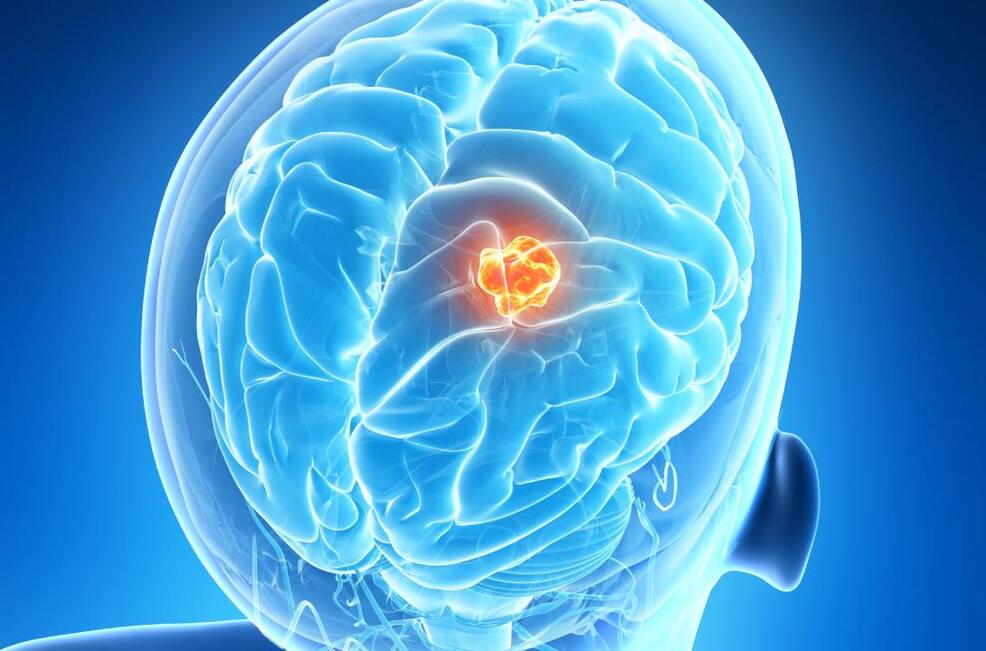Overview
The Neuro-Oncology Research Program reflects the integrated research efforts of The Preston Robert Tisch Brain Tumor Center and the Duke Center for Brain and Spine Metastasis. The goal is to develop better ways to prevent, diagnose, and treat malignant brain tumors in children and adults. The specific aims of the Neuro-Oncology program are to:
- Conduct genomic, epigenomic, and immunologic studies to identify inherited and acquired molecular alterations underlying the development and progression of all major subtypes of adult and childhood brain tumors.
- Establish innovative and predictive brain tumor model systems for the accurate identification of therapeutic compounds to advance clinical evaluation.
- Leverage innate and adaptive immune responses for the development and pre-clinical testing of novel brain tumor immunotherapies.
- Develop and translate novel therapeutics and supportive care practices into clinical trials, incorporating innovative trial designs and techniques.
- Work with the DCI to leverage primary brain tumor research expertise to advance the understanding and treatment of metastatic brain tumors.


